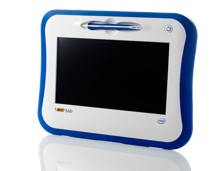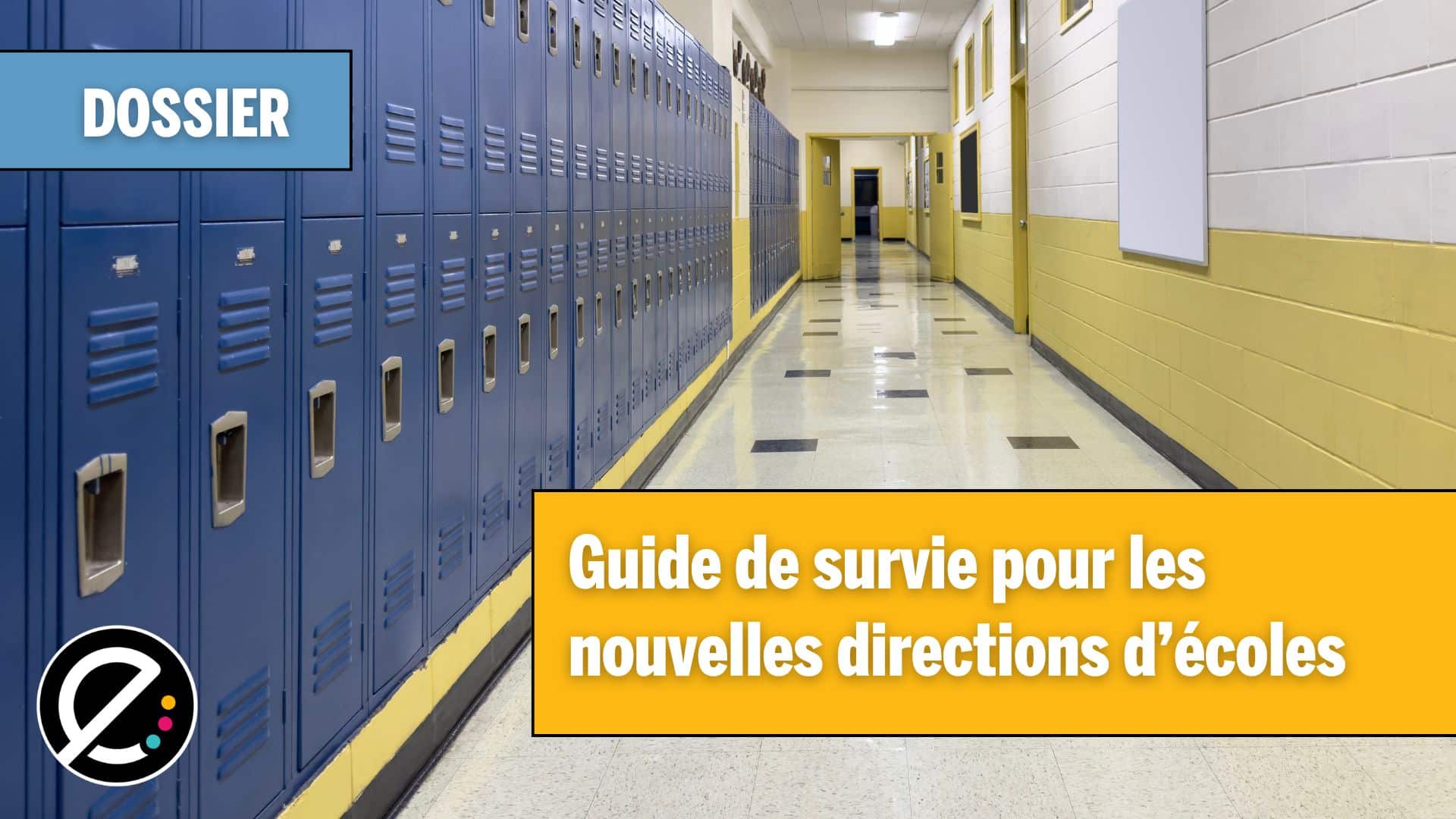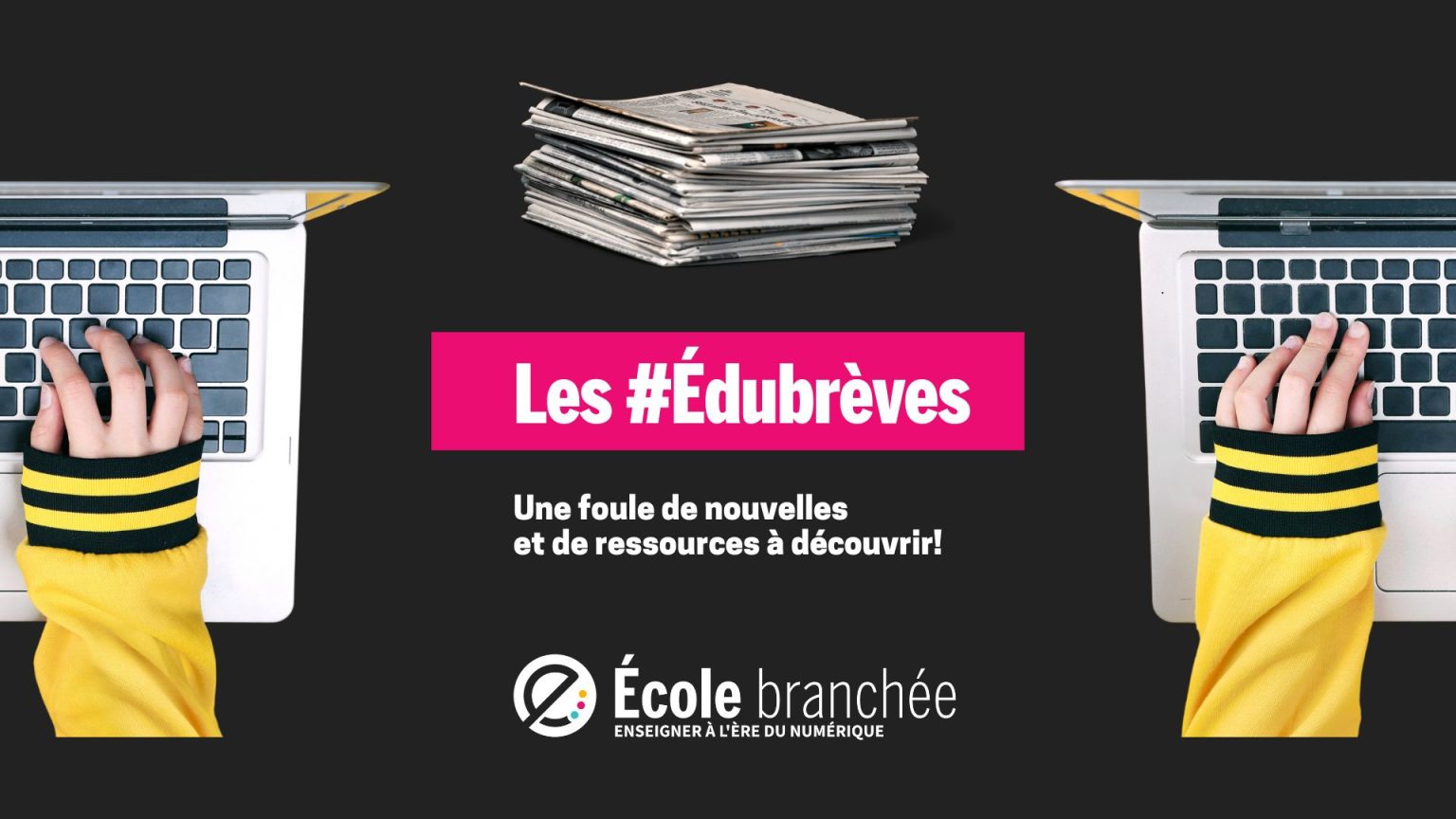BIC Éducation, bien connue pour ses stylos, fait un pari audacieux en testant au Québec une nouvelle tablette numérique mobile destinée spécialement aux jeunes du primaire. Elle vise spécifiquement à soutenir l’acquisition d’habiletés de base, comme l’écriture à la main.
S’il est impressionnant pour les adultes de voir les enfants manipuler avec aisance les outils technologiques, avouons que parfois, on peut se demander si ces habiletés ne sont pas acquises aux détriments des apprentissages de base.
À titre d’exemple, la génération du clavier saura-t-elle également manier le crayon avec autant de dextérité? C’est précisément dans l’objectif de combiner technologie et apprentissages de base qu’une nouvelle tablette, fabriquée par la société française BIC, est présentement à l’essai dans quatre écoles du Québec.
« Il est essentiel que les enfants apprennent à écrire à la main et notre nouvelle tablette est outil efficace et stimulant pour développer cette compétence », explique Alice Fournier, directrice générale adjointe de BIC Éducation. La tablette électronique est munie d’un stylet et d’un écran tactile. « On travaille sur la tablette de la même façon qu’on le ferait sur une feuille de papier », précise-t-elle.
Grâce à ce tableau, les apprentissages de base, qui n’ont pas changé au fil du temps, rencontrent la technologie du 21e siècle. « Les jeunes évoluent quotidiennement dans un univers technologique et nous voulons mettre cet attrait au service des apprentissages de base. En utilisant la tablette, ils peuvent faire des recherches sur Internet. Ils peuvent notamment y consulter les dictionnaires virtuels. »
Autre avantage de la tablette, l’enseignant a en tout temps accès au cheminement de l’élève. « À l’aide du stylet, le jeune inscrira sur sa tablette le cheminement ayant conduit à la résolution d’un problème. L’enseignant pourra suivre et corriger la démarche au fur et à mesure. On pourra également s’en servir pour différents types d’exercices, depuis les tests de conjugaison jusqu’aux défis mathématiques. Notre tablette est également compatible avec les tableaux blancs interactifs (TBI) puisque le contenu des tablettes pourra y être projeté. »
En terminant, Mme Fournier mentionne que les enseignants ne seront pas laissés à eux-mêmes dans la mesure où un service de soutien technique sera à leur disposition pour répondre à leurs questions. « Nous sommes très confiants que notre tablette pourra considérablement contribuer à l’apprentissage des matières de base. Nous avons hâte de recevoir les commentaires de la part des écoles qui participent à cette première évaluation en classe au Québec. »
En effet, selon un article sur le sujet, publié dans le quotidien Le Soleil le 18 novembre 2013, quatre écoles québécoises testent présentement la tablette : les écoles de l’Escale et du Plateau à Charlesbourg ainsi qu’une école en Estrie et une autre à Trois-Rivières.






